Charlize Theron condemned for saying Afrikaans is dying language
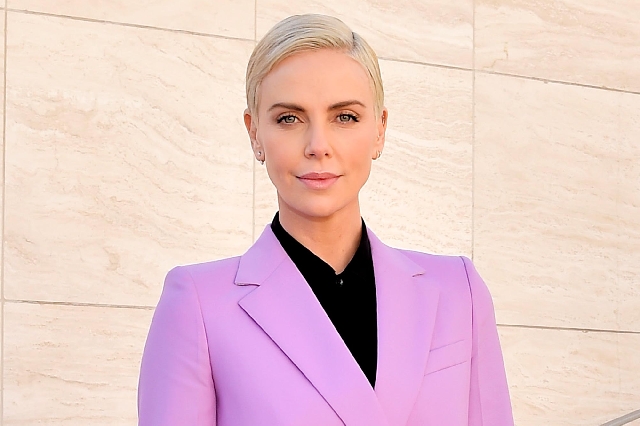 South African Hollywood star Charlize Theron
South African Hollywood star Charlize Theron
Hollywood star Charlize Theron has faced a mountain of criticism for calling her mother tongue Afrikaans "a dying language".
Theron joked it was spoken by "about 44 people" and was "not very helpful".
She made the comments on the SmartLess podcast, saying she grew up in South Africa speaking only Afrikaans before learning English aged 19, which is why she speaks it with an American accent.
Some of the millions who speak Afrikaans in South Africa were furious.
Actor Tim Theron tells South African website News 24 that Afrikaans is "not dying... there are new songs and poems being written every day, movies made etc".
While Steve Hofmeyr, who sings in Afrikaans, says the language boasts some of the best swear words. He tells TimesLive that Afrikaans is "alive and well". He also decried the move to change the language of teaching from mainly Afrikaans to English at universities that were historically Afrikaans.
Some commenters on Twitter accused Charlize Theron of being "ashamed of her roots" or seeking validation from black people, while others welcomed her words because "Afrikaans has a strong association with apartheid" and was "once used to oppress Africans".
Afrikaans is highly politicised in South Africa because of its role during the decades of white-minority rule when a series of racist policies, known as apartheid, were used to suppress the country's black majority.
"Afrikaans is an African language that was formed here in Africa, but it became a language that polarised people under apartheid," Prof Pitika Ntuli, an artist and cultural analyst, tells the BBC.
The imposition of the language in schools was the main reason behind the 1976 Soweto uprising against the apartheid regime, in which at least 170 people were killed, mostly schoolchildren.
It is the mother tongue of 13% of South Africans - mainly white South African descendants of Dutch, German and French settlers who arrived in the 17th Century - as well as mixed-race people, who are known as coloureds in the country.
During apartheid only English, Dutch and Afrikaans were official state languages and indigenous languages were suppressed, but when white-minority rule ended in 1994 South Africa adopted 11 official languages. These are Afrikaans, English, isiNdebele, isiXhosa, isiZulu, Sepedi, Sesotho, Setswana, Siswati, Tshivenḓa and Xitsonga.
"I love the language but I loathe the fact that it was used to oppress us, that it represents oppression and evokes traumatic memories and experiences," says the BBC's Audrey Brown.
Many South Africans today say not enough progress has been made towards true language equality, including students who are campaigning for more university classes in African languages.
But that does not mean Afrikaans is a dying language, says Prof Pitika Ntuli.
Like Hofmeyr, he loves how expressive and poetic Afrikaans can be. Plus, it is "very good for insulting people - that's why it is so beautiful," he laughs.
"Charlize Theron must come back and stay here for a bit of time, it might help her!"
Trending Entertainment
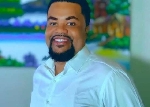
Morris Babyface quits secular music
14:01
Stella Aba Seal urges young gospel artists to create original songs for next generation
13:38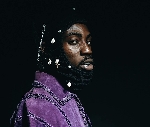
Ghana turned music into community in 2025
14:23
Stella Aba Seal says ministry is a calling, not a skill, as she returns from break with New music
13:21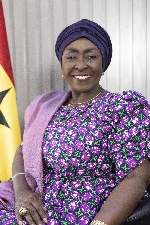
Highlife on UNESCO ICH list: President Mahama's visionary leadership, support made it possible - MoTCCA says
14:13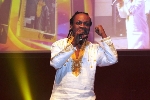
Manhyia Palace denies involvement in Daddy Lumba’s funeral arrangements
10:37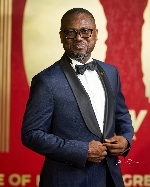
GTA highlights cleanliness, safety and professionalism
01:17
Economic empowerment: Ignore stereotypes and embrace professional cooking — MoTCCA boss to youth, especially men
19:53
2025 Kempinski Staff Excellence Awards: Sustainable tourism hinges on clean environment — Abla Dzifa Gomashie
19:10
Director convicted of scamming $11m from Netflix and going on lavish spending spree
18:59



